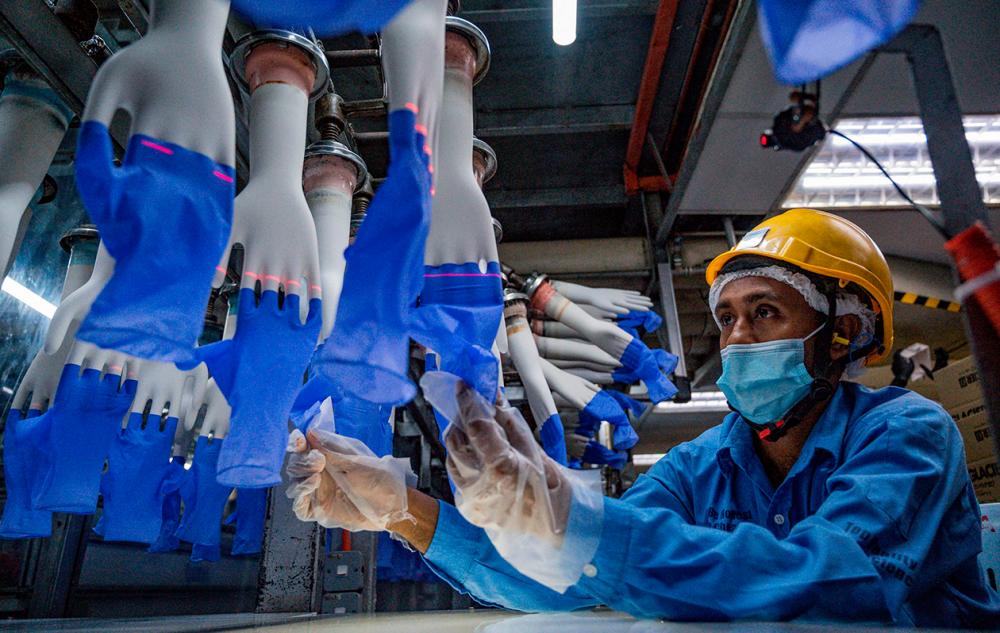PETALING JAYA: The rise of artificial intelligence (AI) and automation is set to significantly impact the workforce, with studies indicating that around 4.5 million Malaysian workers out of the current 16.15 million are at risk of being displaced within the next six years.
The Singapore founder and CEO of a major Asia-based non-executive job portal, Julian Tan, said approximately 40.1% of jobs in Malaysia are considered “highly at risk” due to AI and automation and those engaged in these jobs will likely lose them by 2030.
“It is projected that around 57% of all jobs in Malaysia will be affected by AI and automation in the next two decades. Jobs at high risk of being replaced are vehicle drivers, data entry personnel, manufacturing workers, travel agents, dispatchers and even teachers.”
Tan said rather than fixating on jobs that are at risk of being replaced, people can benefit from focusing on positions that are likely to be enhanced by AI and automation.
“Jobs that require complex problem-solving, critical thinking, creativity, emotional intelligence, and human interaction are less susceptible to automation. They include roles in data analysis, software development, digital marketing, healthcare, and strategic decision-making.”
As automation and AI continue to reshape the job market, he said it is essential for individuals to adapt and position themselves in roles that are susceptible to automation and also strengthened and augmented by it.
“Individuals should embark on careers that are more resilient to technological disruption and contribute to advancing AI-driven solutions in the workforce.
“Jobs that augment AI present opportunities in emerging fields such as the development and implementation of AI technologies, ethical AI governance, human-AI interaction design, and AI strategy consulting.
“These are areas where individuals can leverage their skills and expertise to create value in a technology-driven economy.”
Tan said future job seekers should also consider developing skills that complement AI and automation. These include proficiency in data analysis, programming, machine learning, and understanding human-AI collaboration.
He said soft skills such as adaptability, creativity, emotional intelligence and leadership will become increasingly valuable in a technologically driven work environment.
However, Tan said it is crucial to note that the impact of AI and automation will not result in just job losses.
He said sectors and occupations that are likely to remain relatively resilient to automation or AI disruption are those that limit the feasibility of automation or AI implementation.
“Healthcare involves intricate decision-making processes and often requires human judgement, empathy and adaptability. This makes certain healthcare roles less susceptible to automation.
“Jobs involving direct patient care and interaction, such as nurses, therapists and social workers necessitate human touch and emotional intelligence, apart from being too challenging to replicate with automation.”
Tan said customer-facing roles and operational jobs also tend to remain relatively resilient to automation or AI disruption.
“Human interactions play a significant role in ensuring customer satisfaction and loyalty because they often involve personalised experiences and problem-solving that AI may struggle to replicate.”
To prepare for the impact of emerging technologies like AI and automation on the workforce, the company’s general manager Joelle Pang said organisations can take several proactive measures.
These, she said, include investing in retraining and upskilling employees, establishing ethical frameworks for AI and automation, redeployment and fostering a culture of innovation.
“By implementing such strategies, organisations can effectively navigate the impact of AI and automation on the workforce to ensure a smooth transition while capitalising on the opportunities presented by such advancements.”









